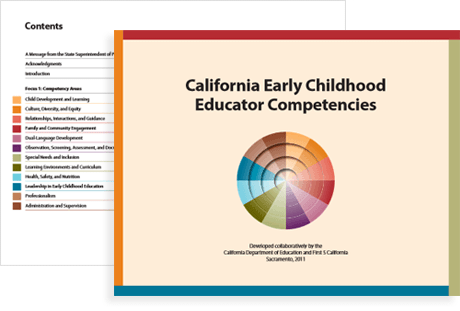We each bring our experiences, perspectives, and worldview to our work — the good, the bad, and all of the in-between. These are what make us who we are and influence our practice with children, families, and colleagues. We also hold in our minds a picture of our ideal selves. Knowing more about yourself can pave the way to becoming the person and the early educator that more closely matches your ideal self. This first Key to Reflection and Inquiry can help you become more self-aware and intentional in examining who you are now and who you want to become.

When you plan an environment with curriculum activities for children, it is important to keep them safe. At the same, time research suggests that children need to be provided with opportunities to take calculated risks.
Read the article "Take a Closer Look at Glass in Class", and reflect on the following questions:
Use this template to record your observations, thoughts, and feelings. Download the Template
Deepen your understanding of the expectations for self-awareness in guiding children's behavior by reviewing the Topic: Materials and equipment in Performance Area 2 of the CA ECE Competencies. Scroll to page 73.
Can you find other places in this competency area that address these questions?
